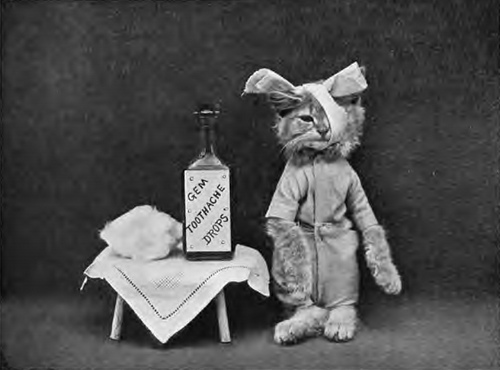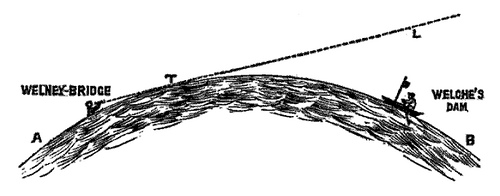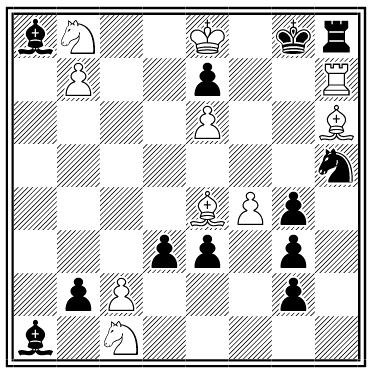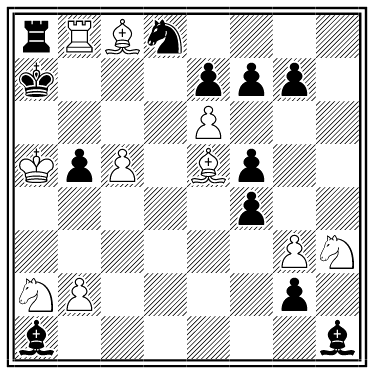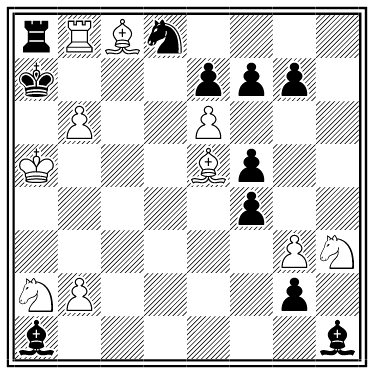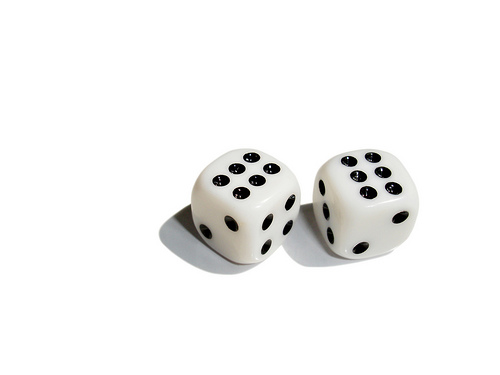See this beaker? It contains 1 to 2 liters of water and 1 liter of wine. That means that the ratio of water to wine (call it r) is between 1 and 2. Thus there’s a 50 percent chance that r is between 1 and 3/2. Right?
But now consider the ratio of wine to water, or 1/r. That’s between 1/2 and 1, so there’s a 50 percent chance that 1/r is between 3/4 and 1.
Taking the reciprocal, that means there’s a 50 percent chance that r is between 1 and 4/3, which contradicts our earlier result. Where is the error?

